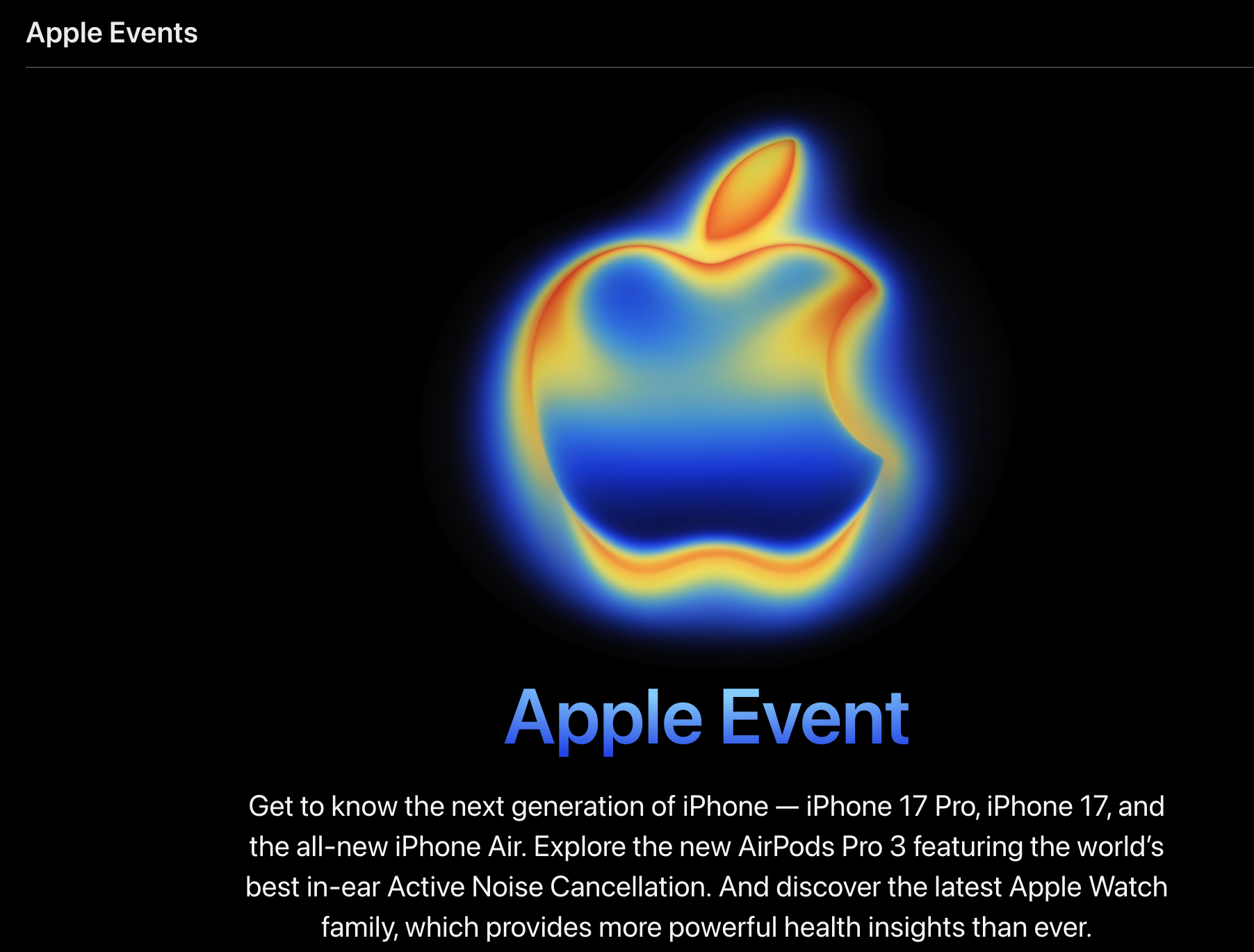
Apple made a strategic choice a decade ago and it chose comfort (and a lot of money)
Instead of building the future, it took a dividend from the present. While Google plowed billions into search, data infrastructure, and foundational AI research, Apple signed a check to license Google Search as the default on Safari. That check, estimated at over $20 billion per year, was enough to keep Apple’s services revenue growing, but it was also the price of a decade-long delay in understanding how to work with data at scale. Today, that decision has metastasized into the embarrassment that is Siri, the me-too nature of “Apple Intelligence”, and the company’s palpable absence from every major AI inflection point.
The first conclusion would be that Apple didn’t just miss the AI wave. It never built the boats, ports, or maps to navigate it. The decision not to invest in search meant not investing in the infrastructure that powers AI: data engineering, retrieval pipelines, recommendation systems, user behavior models, large language fine-tuning, or inference-time optimization. In AI, there are no shortcuts. You cannot bolt it on, you must build it in. And Apple didn’t.
Even worse, it no longer attracts the people who can. The company that once lured the world’s best designers and hardware engineers now struggles to entice top AI researchers or platform thinkers. Why? Because there’s no intellectual frontier to conquer. Apple has become the world’s most valuable “product maintenance company”. Great cash flow, elite benefits, and the lowest ceiling on ambition in Silicon Valley. There is no such thing as “think differently”.
Let’s talk form. The iPhone looks the same. The UX is the same. The camera is slightly better, the battery slightly better. Year after year, the same keynote promises that “this is our best iPhone yet”. Well, yes, that’s how numbers work.
Apple’s hardware iteration is now so incremental that you don’t really need an iPhone for at least 4-5 years.
And yes, we will still buy. Apple’s moat is now a cage. The ecosystem is sticky, the privacy branding comforting, and the build quality excellent. But the brand that once stood for “Think Different” now quietly whispers, “Don’t bother”.
The company that invented the modern smartphone now looks like it’s being out-thought by… everyone else. OpenAI is redefining the interface. Nvidia is selling the picks and shovels of the new age. Amazon is weaving AI into the fabric of the cloud. Meta is rebuilding the attention economy. Microsoft is the unlikely winner of Copilot-powered productivity. Even Samsung, long the punchline, is taking more daring AI swings.
They mistook operational excellence for strategic foresight. They optimized for control when the game was about openness. They hoarded profit instead of compounding capability. They doubled down on yesterday’s advantages (ie. privacy, hardware, retail, and services) while the future quietly changed shape around them.
So here we are. Tim Cook’s Apple is the ultimate late-stage corporate machine: efficient, disciplined, and fundamentally boring. Strategic entropy disguised as success. And like all drifts, it’s invisible until it isn’t. If I were Tim Cook, I’d be worried about what his legacy would be.
Concluding, I’ll still buy the new iPhone (Air). I’ll probably get the AirPods too. But I no longer expect magic.
And that, right there, is the missed decade, because nothing has really changed since 2015.




